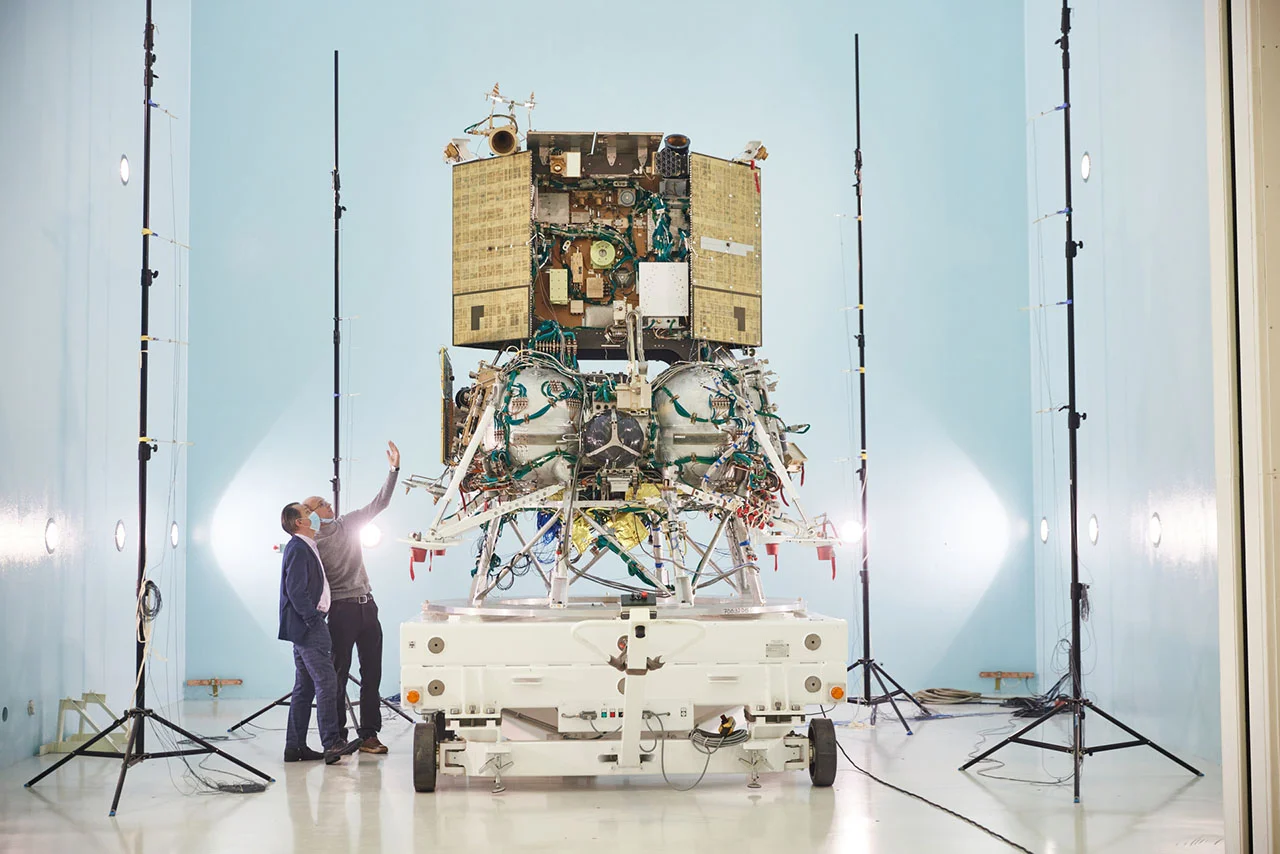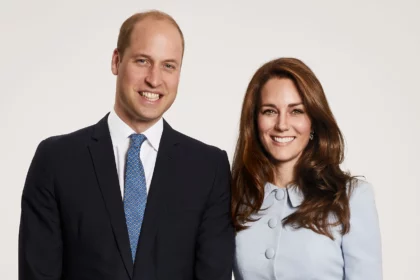Russia’s uncrewed lunar lander, Luna-25, is poised for a momentous liftoff on Friday, as announced by the country’s space agency, Roscosmos, on Monday. This landmark mission aims to reach the moon for the first time in nearly half a century, against the backdrop of the ongoing Russia-Ukraine conflict that has sustained tensions with Western powers for the past two years.
Heralding a return to lunar exploration, Russia, which successfully achieved its first moon mission in 1956, is preparing to launch the Luna-25 lander. This endeavor marks the nation’s first lunar landing mission since 1976, with preparations well underway as a Soyuz rocket stands assembled at the Vostochny Cosmodrome, as disclosed by the Russian space agency.
Scheduled for August 11, the Luna-25 mission will encompass critical objectives. Roscosmos stated, “The Luna-25 will have to practice soft landing, retrieve and analyze soil samples, and conduct prolonged scientific investigations.”
The distinctive four-legged lander, weighing approximately 800 kilograms, is anticipated to touch down in the lunar south pole region. This stands in contrast to most lunar landings, which generally target areas near the lunar equator.
This inaugural launch under Moscow’s new lunar program coincides with Russia’s endeavor to enhance its space collaboration with China. This pursuit takes place against a backdrop of strained relations with the West, particularly due to the Russia-Ukraine conflict.
Notably, the European Space Agency (ESA) withdrew its cooperation with Russia on the Luna-25 launch and subsequent missions (Luna-26 and Luna-27) in response to Russia’s actions in Ukraine. However, Russia affirmed its commitment to its lunar ambitions and plans to substitute ESA equipment with domestically manufactured scientific instruments.
Addressing the situation last year at the Vostochny Cosmodrome, President Vladimir Putin emphasized Russia’s determination to progress despite external challenges. He highlighted the Soviet Union’s historic achievement of sending the first human into space in 1961 despite extensive sanctions.
“We are guided by the ambition of our ancestors to move forward, despite any difficulties and any attempts to prevent us in this movement from the outside,” Putin affirmed.
As Luna-25 embarks on its journey, it coincides with India’s Chandrayaan-3 successfully entering lunar orbit after its launch last month. If Luna-25’s landing proves successful, the rover will disembark from the lander, Vikram, and commence exploration of the nearby lunar terrain. Captured images will be transmitted back to Earth for in-depth analysis.




